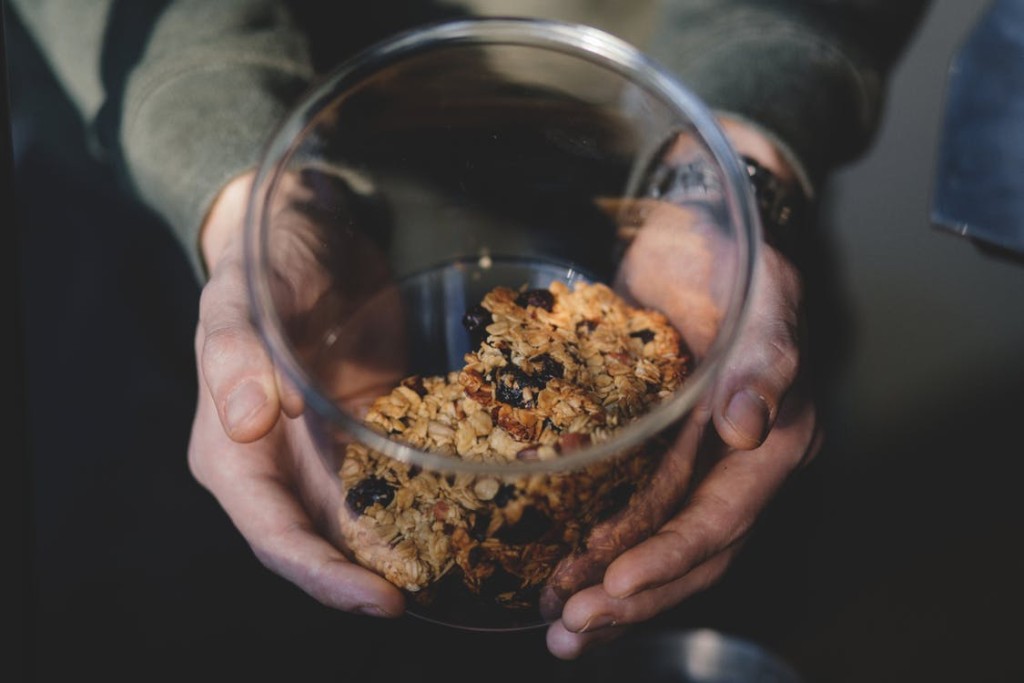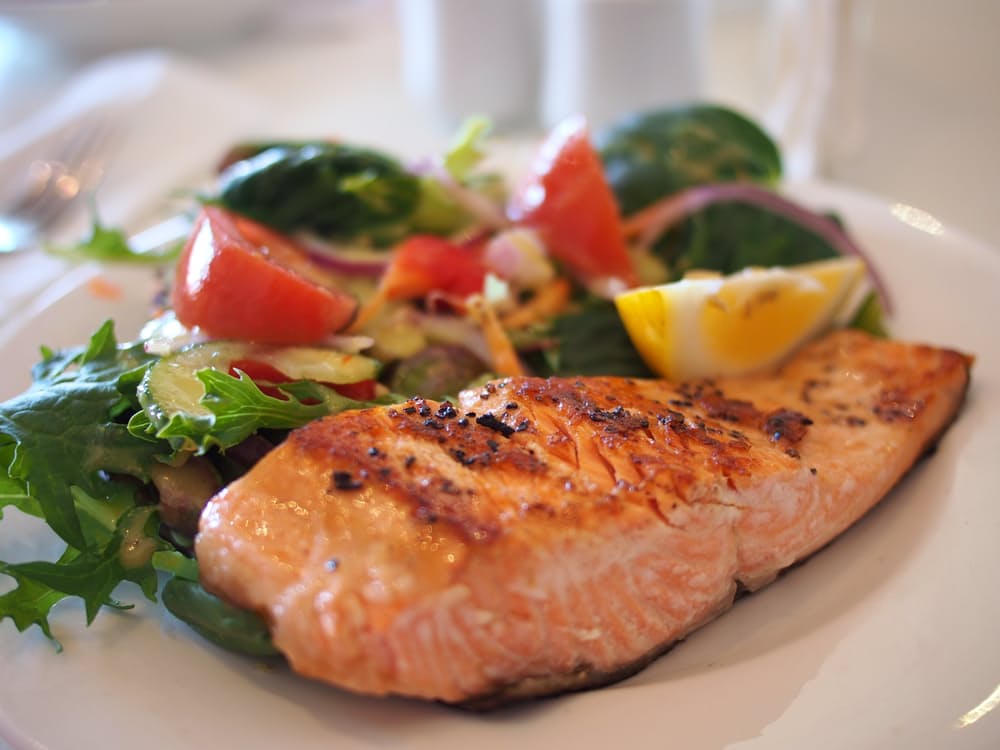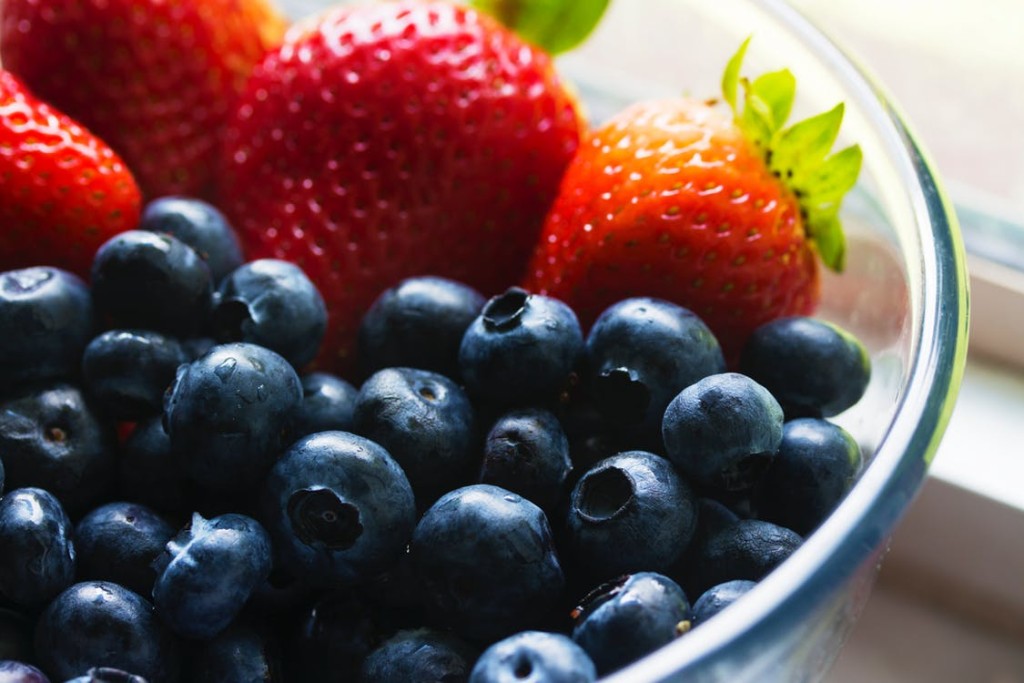There is a reason that comfort foods are called comfort foods and that we tend to reach for them most when we are feeling blue. Our moods are actually the work of neurotransmitters and food provides the essential building blocks that our body needs to manufacture these precious neurotransmitters that help us maintain balanced and stable moods. Of course, everyone is going to have a bad day, experience a break-up, lose a job they loved or just have a bad case of the blues. For some, these events are just a minor bump in the road, while for others they seem to bring on a deep depression they just can’t seem to shake.
How well we recover from life’s unfortunate events has a great deal to do with how high our neurotransmitter levels are. When we are experiencing tough times, we have a tendency to naturally reach for certain foods – and there are reasons for this. However, there are actually good versions and bad versions of most of the foods we crave when we are depressed, some of which will actually help and some of which can actually make things worse. Whether you are just experiencing a temporary case of the blues or undergoing depression treatment, here are 10 foods that can actually help you fight depression.
1. Turkey
We all know that “fat, dumb and happy” feeling we get after eating a giant dinner on Thanksgiving, but few people may realize the role turkey plays in this. Turkey is laden with a key amino acid called tryptophan, which is a necessary ingredient our body uses to create the neurotransmitter seratonin. Seratonin is one of our body’s best defenses against depression.
2. Whole Grains
Many people find that whey they are depressed, they just can’t leave bread alone. There is a reason we feel drawn to bread, but bread made with processed wheat flour essentially just turns to sugar the second it hits your bloodstream. While that immediate sugar high may feel good, it is inevitably followed by a sugar crash, which can send you spiraling even deeper into depression. Whole grain breads and pastas, however, provide a slow, steady release of carbohydrates into your blood stream and also help foster the release of seratonin.

3. Low Fat Dairy
People that live in colder northern climates often struggle with something known as SAD or Seasonal Affective Disorder, which has been linked to a deficiency in Vitamin D. Sometimes known as the sunshine vitamin, not only do we absorb Vitamin D from the sun, but it tends to give us a sunny disposition. Dairy foods are generally high in Vitamin D, which can give us a much needed mood boost on cold, dreary days.
4. Beans
Beans are high in the mineral selenium, which has been linked to depression in people with a selenium deficiency. While you can take selenium supplements, too much selenium can also be toxic. Getting needed minerals from foods tends to be much safer than taking supplements as your body can not only process the minerals from foods better, but it can also more easily dispose of any excess.
5. Salmon
Salmon and other fatty types of fish are high in Omega-3 fatty acids. Not only are Omega-3s good for your moods, they are also good for your heart and brain as well.

6. Tuna
While tuna may not be as high in Omega 3’s as salmon and other fatty fish, like turkey it is high in tryptophan. Tuna gives you a double whammy of Omega-3s and tryptophan in a single serving.
7. Green Tea
While coffee is another common substance people reach for when they need a quick boost, the caffeine in coffee can have much the same effect as sugary foods: it provides a quick “high” followed by a more painful crash. Green tea on the other hand is rich in theanine, another amino acid that is known to reduce anxiety, which is common in many people that struggle with depression.
8. Dark Chocolate
Studies on dark chocolate are showing a wide variety of health benefits ranging from reducing blood pressure to helping diabetics reduce insulin sensitivity. New studies suggest it may also help reduce stress hormones, which is good news for people who struggle with depression as there is also a strong link between depression and chronic stress. For a healthier choice, you can get a Mid-Day Squares’ dairy free chocolate.
9. Blueberries
Blueberries are particularly anti-oxidant rich and anti-oxidants are the sworn enemy of free radicals. Increasing evidence is pointing to free radicals playing an important role in the development of major depression. When you’re feeling blue, sprinkle some blueberries on some whole grain breakfast cereal for a one-two punch against depression.

10. Leafy greens
Broccoli, collard greens and spinach are also high in the anti-oxidant beta-carotene. First discovered in carrots (from which it takes its name) the positive effects of beta-carotene were first linked to eye health. Now, however, beta-carotene is being linked to a wide range of positive health benefits, including the production of Vitamin A.

